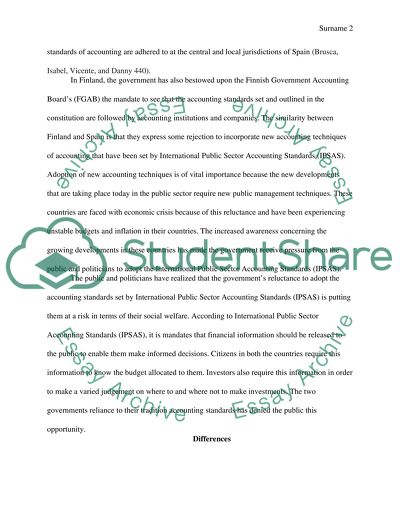Cite this document
(“The Government of Finland and Spain Case Study Example | Topics and Well Written Essays - 1000 words”, n.d.)
Retrieved from https://studentshare.org/finance-accounting/1659820-government-accounting-cmparison-finland-and-spain
Retrieved from https://studentshare.org/finance-accounting/1659820-government-accounting-cmparison-finland-and-spain
(The Government of Finland and Spain Case Study Example | Topics and Well Written Essays - 1000 Words)
https://studentshare.org/finance-accounting/1659820-government-accounting-cmparison-finland-and-spain.
https://studentshare.org/finance-accounting/1659820-government-accounting-cmparison-finland-and-spain.
“The Government of Finland and Spain Case Study Example | Topics and Well Written Essays - 1000 Words”, n.d. https://studentshare.org/finance-accounting/1659820-government-accounting-cmparison-finland-and-spain.


